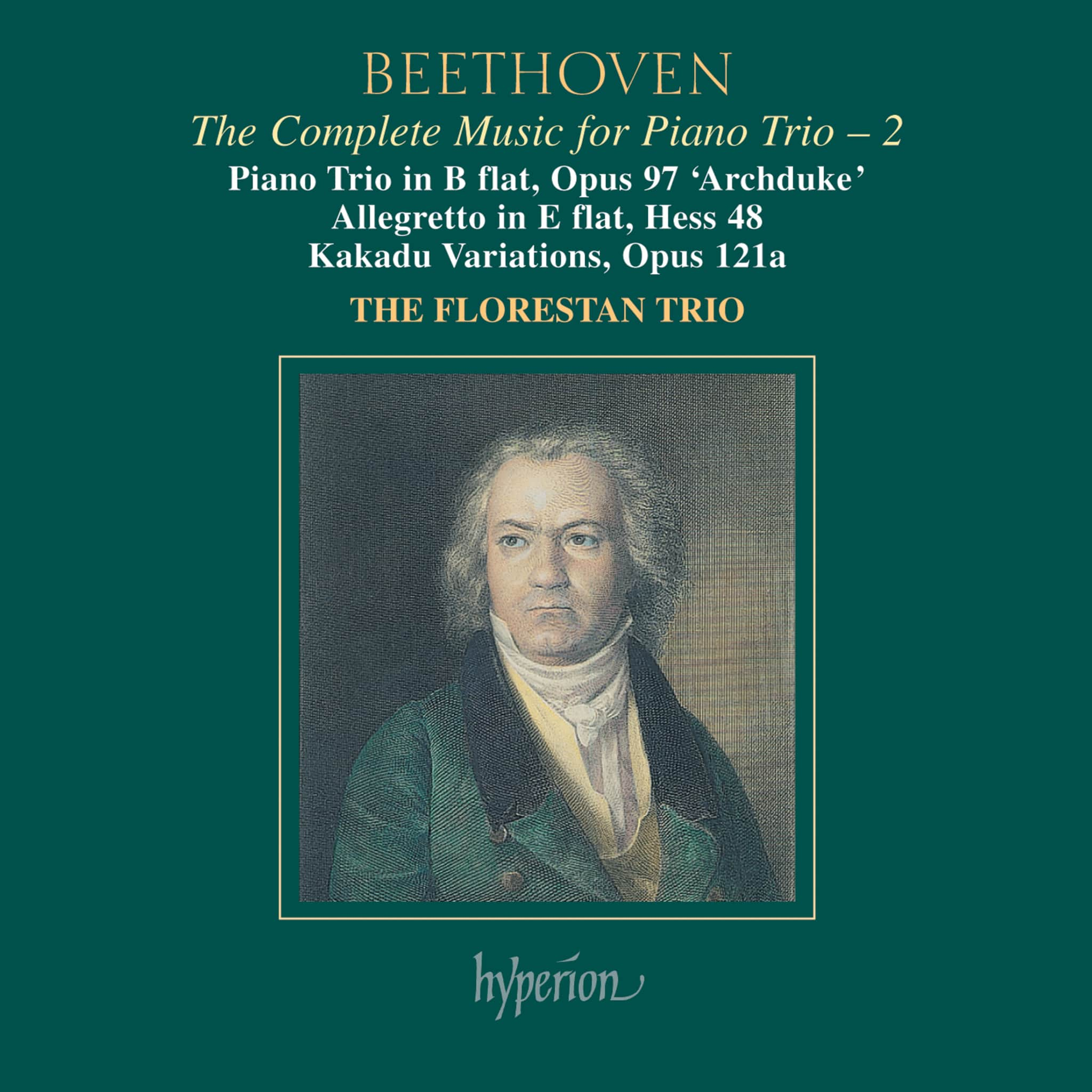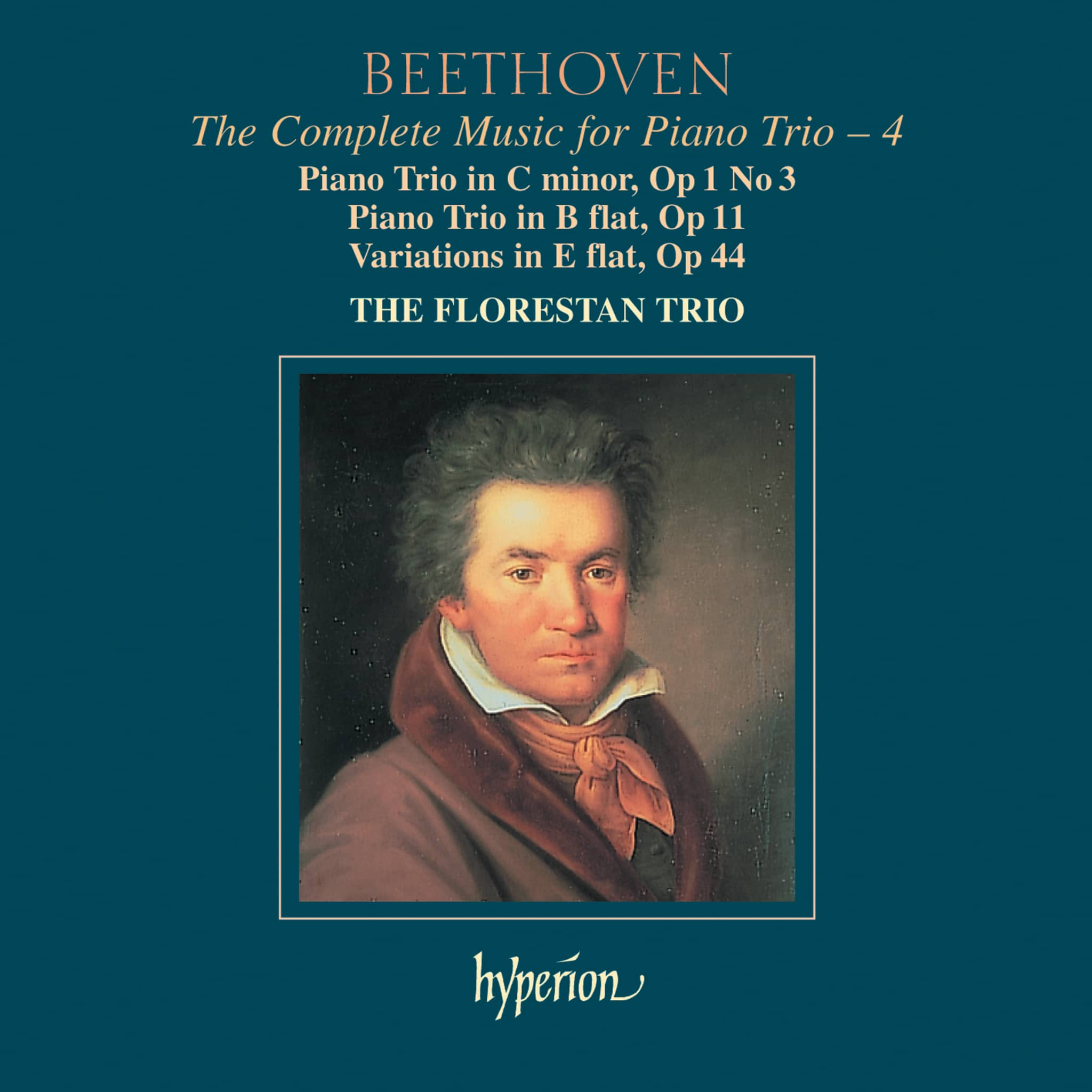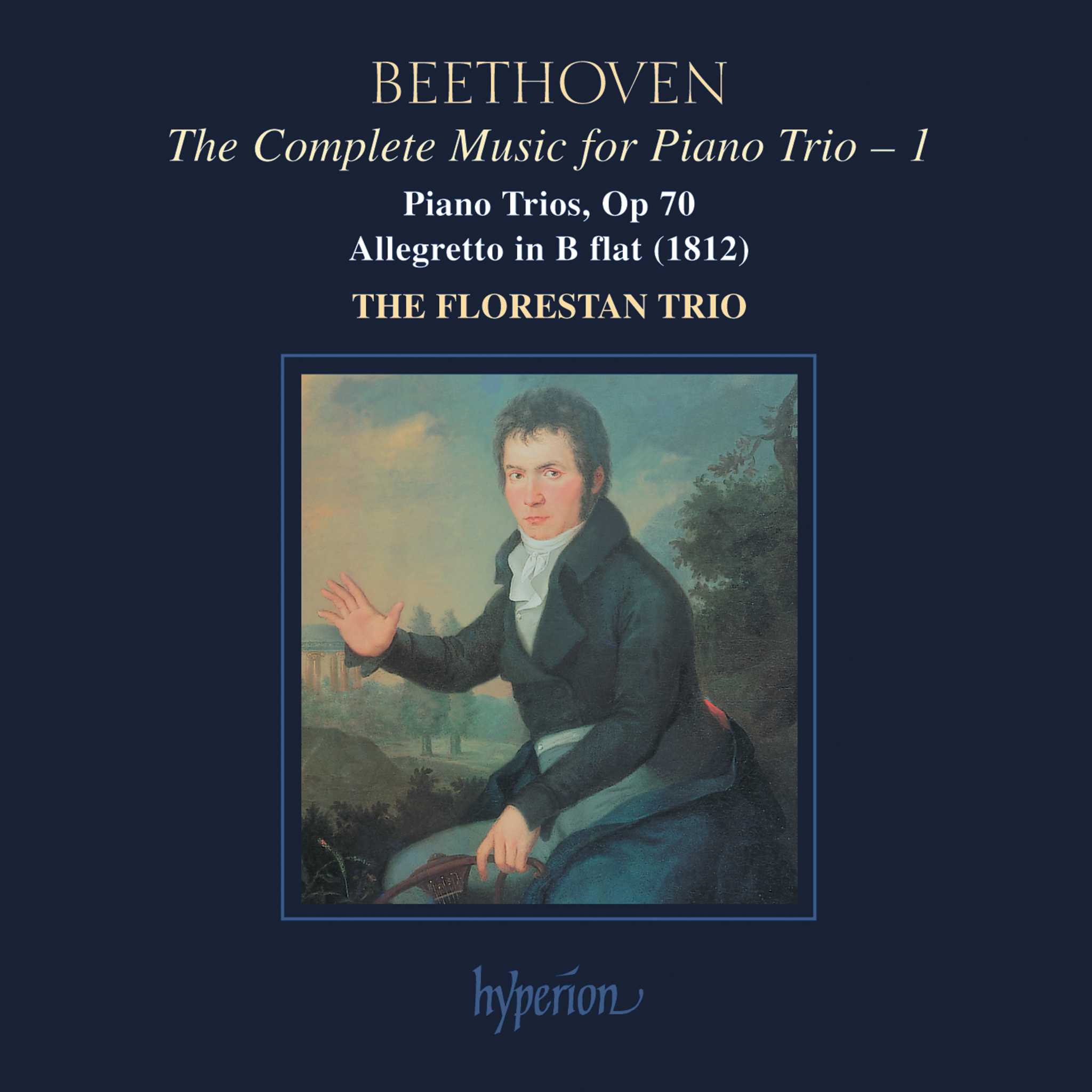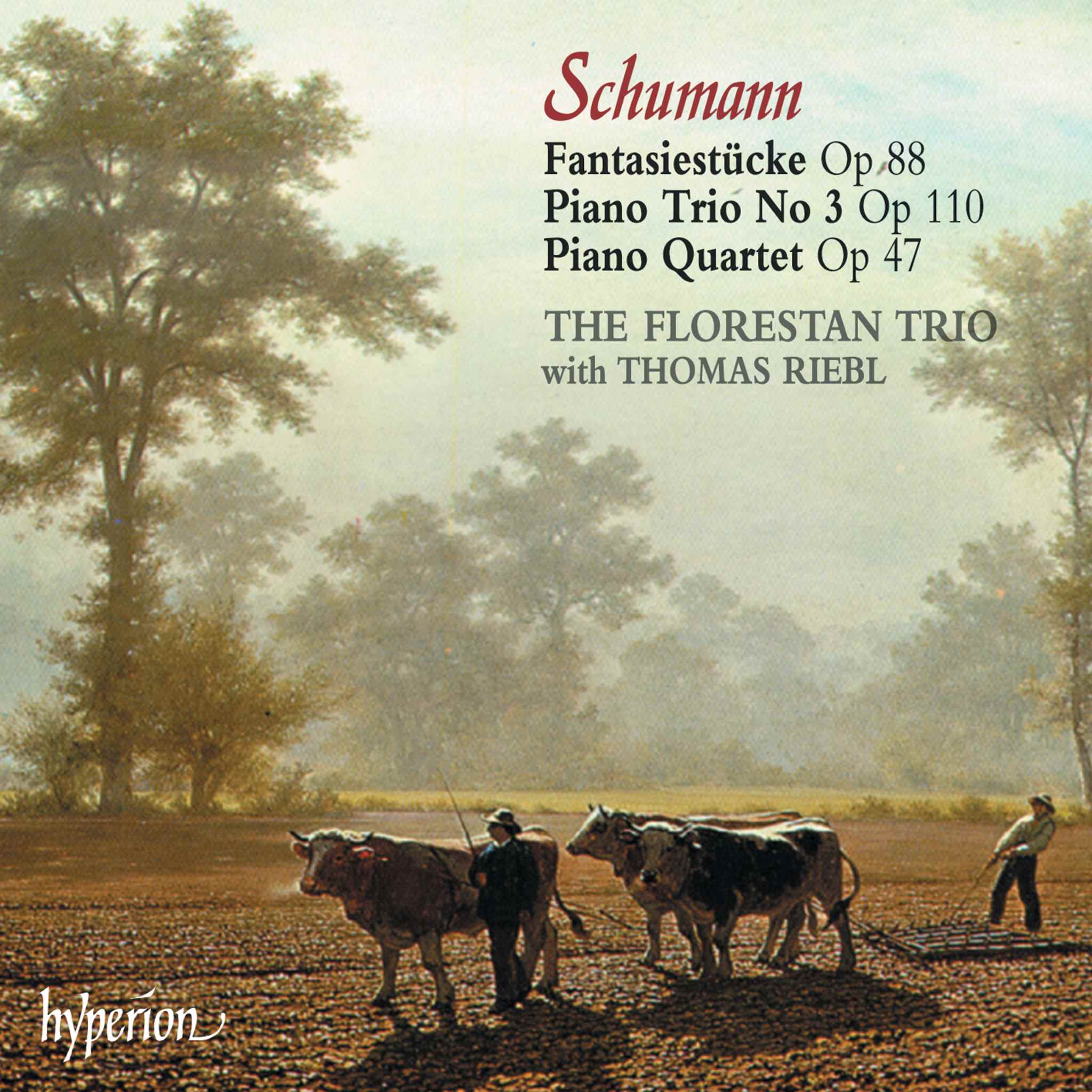Album insights
"Il trionfo del Tempo e del Disinganno" stellt einen wichtigen Wendepunkt in der Barockmusik dar und war Händels erstes Oratorium, das während seiner fruchtbaren italienischen Phase in seinen frühen Zwanzigern entstand. Nach seiner Ankunft in Rom von Florenz Ende 1706 hatte sich Händel bereits als hervorragender Musiker und Komponist etabliert und gewann rasch die Unterstützung des einflussreichen Gönners Marquis Ruspoli. Der Librettist Benedetto Pamphili pflegte eine enge künstlerische Beziehung mit Händel. Als erfahrener Verfasser zahlreicher Oratorien und Kantaten genoss Pamphili hohes Ansehen in aristokratischen Kreisen.
Das Libretto von "Il trionfo" präsentiert sich als kunstvolle Allegorie, die auf reichhaltigen musikalischen Traditionen basiert. Man erkennt deutlich den Einfluss von Petrarcas Trionfi sowie die damalige Beliebtheit von Emblembüchern - beliebte Quellen für symbolische Darstellungen und poetische Gedanken jener Zeit.
"Il trionfo" bietet neben seiner tiefgründigen Symbolik auch Einblicke in die menschliche Psyche. Die Figuren Bellezza, Piacere, Disinganno und Tempo verkörpern verschiedene Aspekte des menschlichen Geistes und erzählen eine Geschichte über Selbsterkenntnis und moralische Belehrung.
Die Handlung des Oratoriums wird von tiefgründigen Einsichten und emotionalen Auseinandersetzungen der Charaktere geprägt. Bellezzas Wandlung von Oberflächlichkeit zu wahrer Selbsterkenntnis wird eindrucksvoll dargestellt, wobei die Musik diese Entwicklung beeindruckend widerspiegelt.
"Il trionfo" besticht nicht nur durch seine musikalische Brillanz, sondern auch durch die psychologische Tiefe seiner Figuren. Es ist ein Meisterwerk, das sowohl musikalisch als auch inhaltlich komplexe Themen behandelt und die Zuhörer in eine Welt voller Gefühle und moralischer Betrachtungen entführt.






